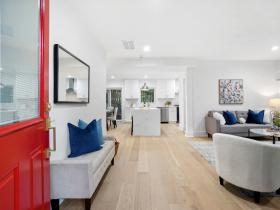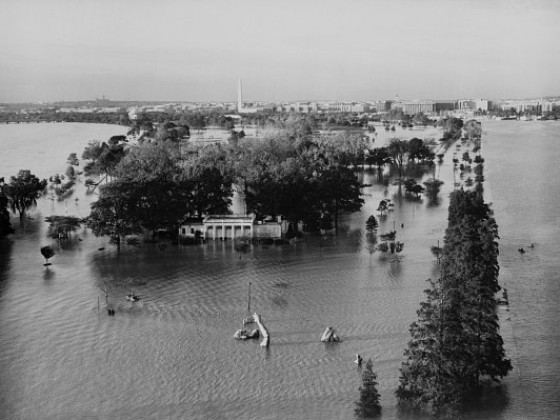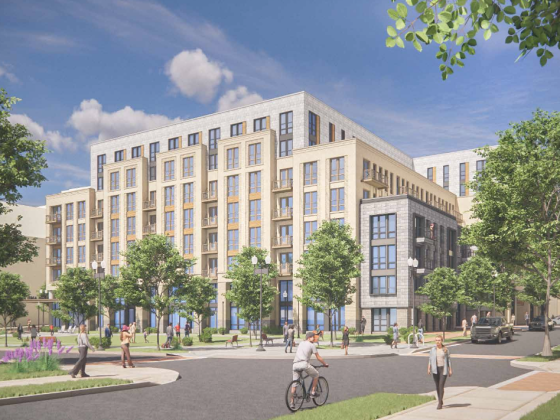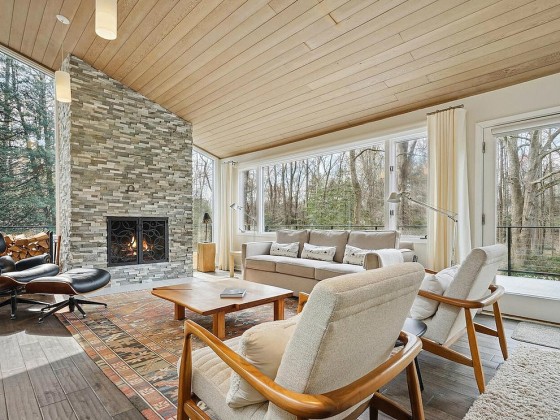 DC Short-Term Rental Registrations Reveal Unexpected Restrictions
DC Short-Term Rental Registrations Reveal Unexpected Restrictions
✉️ Want to forward this article? Click here.
After waiting three years to legitimize their short-term residential rentals, some DC hosts are finding that barriers remain.
On Tuesday, the DC Council held a public roundtable about issues related to DC's short-term rental law, nearly two weeks after the Department of Consumer and Regulatory Affairs (DCRA) opened applications for short-term rental licenses.
One of the problems raised was that some homeowners could not get a license because their rentals were deemed to be in the "primary" or "principal" part of their homes. Some homes have accessory dwelling units, typically a separately-metered basement unit or a standalone unit in the backyard. DC's Airbnb law does not mandate short-term rentals be confined to the secondary, or accessory, part of a home, nor does the zoning text amendment (ZTA) passed afterward which legalized short-term rentals in residential areas.
One Ward 6 resident testified that they live in the basement unit of their house and have been renting out the larger upstairs portion of the home for seven years. The license application, however, required them to attest that they live in the "primary portion" of their house in order to complete the submission.
story continues below
loading...story continues above
DCRA Director Ernest Chrappah acknowledged that zoning law exempted short-term rentals from the definition of "accessory use" and stated that he was unaware of an application being rejected for that reason, although he defended the agency's application process.
"There is an overarching distinction between accessory and principal use," Chrappah explained. "The exception the Zoning Commission made did not eliminate the need for an overarching distinction, so in implementing the laws and the regulations, we have come up with an interpretation to help preserve neighborhood character and also honor the overarching distinction."
"At this time, our position is that if someone has a problem with that, they should take it up with the Zoning Commission" before the grace period ends, the director concluded.
Ward 6 Councilmember Charles Allen pressed the director on the legal basis or parameters for this distinction, citing correspondence he'd seen from DCRA to a homeowner implying the individual's application was rejected and recommending that the homeowner appeal. Council Chair Phil Mendelson reiterated the legal issues with this roadblock and recommended DCRA revisit the matter with their zoning administrator; Chrappah stated the agency would consider it further. Both Mendelson and Allen also noted that some people shared that they haven't applied because they were already informed by DCRA they were ineligible.
Chrappah testified that since enrollment began, 106 short-term rental licenses and 25 short-term rental vacation licenses have been approved. The enforcement period will begin on April 10th, at which point hosts of unlicensed short-term rentals may be subject to fines.
See other articles related to: airbnb, airbnb dc, airbnb illegal, dcra, department of consumer and regulatory affairs, illegal short-term rentals, short-term rental
This article originally published at https://dc.urbanturf.com/articles/blog/dc-short-term-rental-registrations-reveal-unexpected-restrictions/19191.
Most Popular... This Week • Last 30 Days • Ever

A look at the closing costs that homebuyers pay at the closing table.... read »
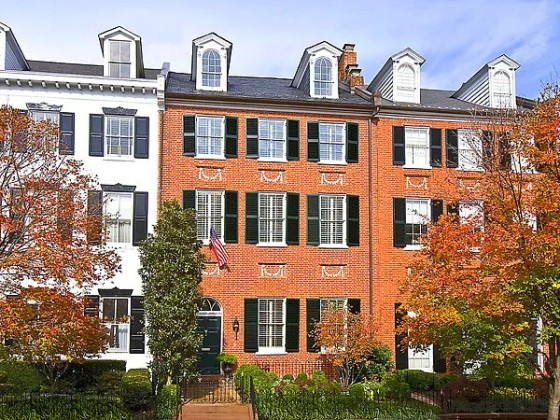
3331 N Street NW sold in an off-market transaction on Thursday for nearly $12 million... read »
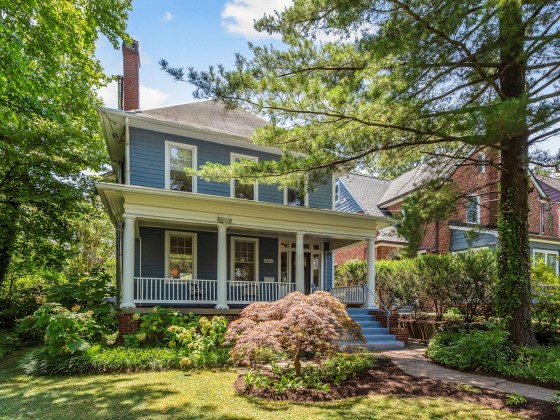
In this article, UrbanTurf will explore the considerations and steps involved in buyi... read »
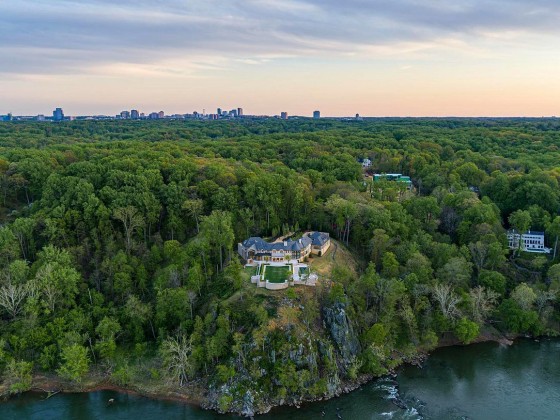
The most expensive home to sell in the DC region in years closed on Halloween for an ... read »
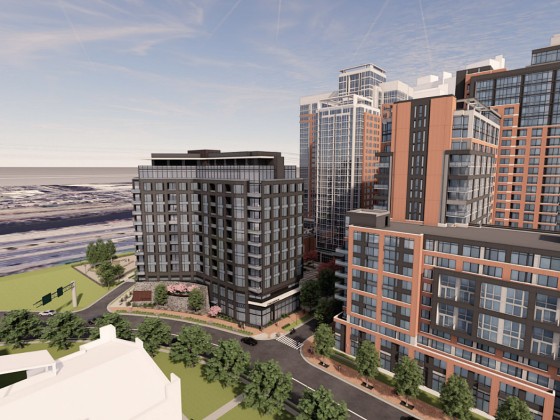
Paradigm Development Company has plans in the works to build a 12-story, 110-unit con... read »
DC Real Estate Guides
Short guides to navigating the DC-area real estate market
We've collected all our helpful guides for buying, selling and renting in and around Washington, DC in one place. Start browsing below!
First-Timer Primers
Intro guides for first-time home buyers
Unique Spaces
Awesome and unusual real estate from across the DC Metro




